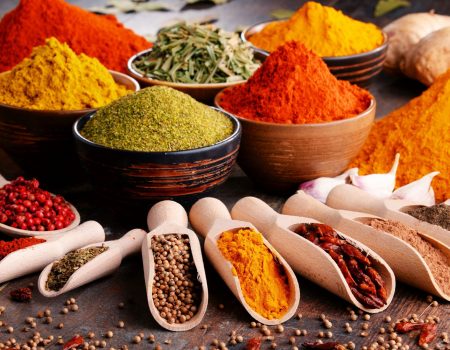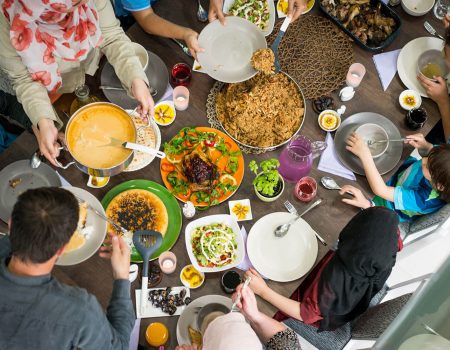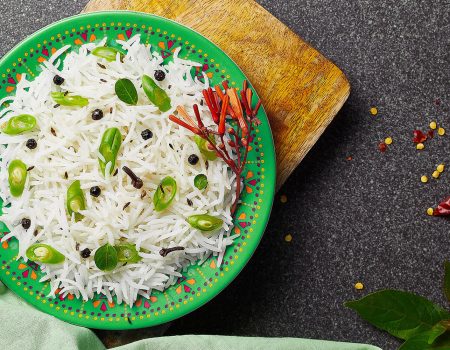Our grandmothers and mothers always served food with Ghee and always believed that is the way to keep healthy. That indeed is true! Ghee is actually healthy but only when consumed in small amount. So, don’t go overboard in too much excitement!
We often ask, is Ghee fattening? No. Ghee actually is a short chain fatty acid and is lipolytic. This actually helps in breaking down fat. On the other hand, ghee has antibacterial and anti-viral properties that ensure that you don’t fall sick often and if you do, you recover faster.
The impressive benefits of ghee include its ability to protect your gastrointestinal system, balance the cholesterol levels, provide additional energy, reduce inflammation in the joints, eliminate certain allergy concerns, protect you from various chronic disease, improve your eye health, strengthen your immune system.
Talking about its nutritional value, ghee is free of sodium, carbohydrates, fibre, sugar and protein. One tablespoon ghee has 135 calories all of which comes from fats. Ghee is butter, cooked till the water and milk solids are removed which makes it lactose and casein free. It is also rich in fat soluble vitamins A, D, E and K, it’s also rich in antioxidants. Ghee helps in increasing resistance against infections, diseases, boosts the immune system, helps in reducing cholesterol levels, stimulates the digestive system, boosts fertility and rejuvenates the skin.
But then again, one should only consume it in limited amount! An average (healthy) person should not consume more than 3 teaspoons (45g) of ghee per day. Vegetable ghee or Vanaspati is high in trans fat which makes it not at all healthy! So, just cross it off your shopping list!
Now, just pick up any of your granny’s recipe and satisfy your cravings!






Join the discussion